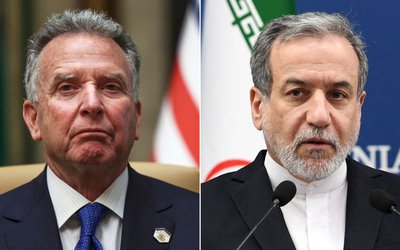More on News
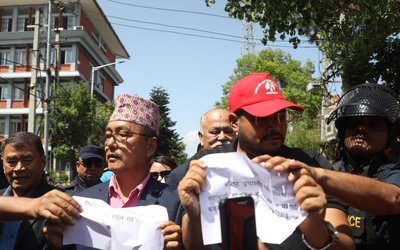
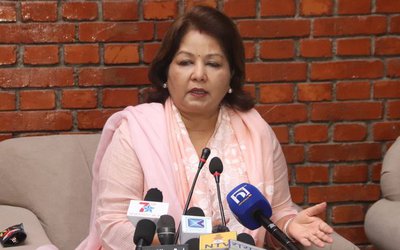
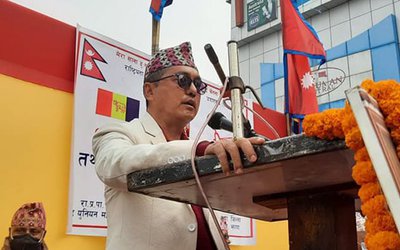
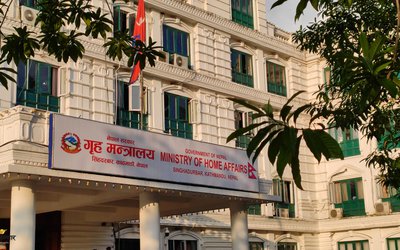


In the last issue of the Spotlight in this column we posted an article by Dr Sunil Badve that had appeared in the Annals of Internal Medicine (a medical journal from the USA) several years ago. Several interesting things came out of that article, chiefly, the question that was posed at the end of the piece: Do the best practice guidelines and treatment recommendations published in renowned journals apply to our patients (that is patients from South Asia)?
These practice guideline and recommendations are made usually by western countries where relatively speaking, funding is not a problem. But without health insurance for the vast majority of people in Nepal, funding for individual health care is a fundamental problem. I remember many years ago when I was doing my internship at Shata Bhawan Hospital, patients who needed more sophisticated care and diagnosis would sell off their piece of land or buffaloes and head to Christian Medical College, Vellore in South India. Nowadays a lot of the medical problems that required referral then can be handled in Nepal; but the cost of treatment is still very expensive for the vast majority of patients who I am sure continue to sell their piece of land or cattle.
Take long standing kidney disease for example. This is a problem that is almost reaching epidemic proportions in South Asia, thanks to the rampant presence of high blood pressure (hypertension) and diabetes in our part of the world. Both of these problems (with help from cigarette smoking) have had a tremendously negative impact on kidneys which are vital organs for dealing with waste in our human body. Because of chronic kidney disease, people often require dialysis.
Dialysis works as an artificial kidney to get rid of the body’s noxious waste. However for chronic kidney disease, dialysis is required for a lifetime. And in general, dialysis needs to be carried out two to three times a week. In our country, the cheapest haemodialysis per session costs at least about two thousand rupees. So, that means about sixteen thousand rupees a month for dialysis. And since this is for life you can see how financially draining it will be for the family. For sure they will have to use up their savings or sell land or cattle as I had seen at Shanta Bhawan.
There is a more inexpensive version of dialysis (peritoneal dialysis) which is less sophisticated than haemodialysis and is significantly less expensive. Many international kidney experts say that peritoneal dialysis would be very suitable for Nepal as it is just as effective and furthermore less expensive. Perhaps peritoneal dialysis is the way to go. Of course, the other solution is kidney transplantation, but this may be harder because you have to find a kidney donor amongst your relatives and a sizable initial sum of money. Whatever it is, prevention is best.
To prevent kidney disease it is a good idea to continue to take your blood pressure medicine (and not stop abruptly) and to continue to check that the pressure is under control. Finally ways to avoid diabetes by exercising (doing morning walks) and not drinking sugary drinks will certainly help.
But going back to the question posed by Dr Sunil Badve in the first paragraph, there is no way that most of the recommended medical guidelines can be brought into practice in Nepal due to the stranglehold poverty has in this part of the world. So indeed,” When, what is recommended treatment is not practical, what is practical has to be adequate.”






